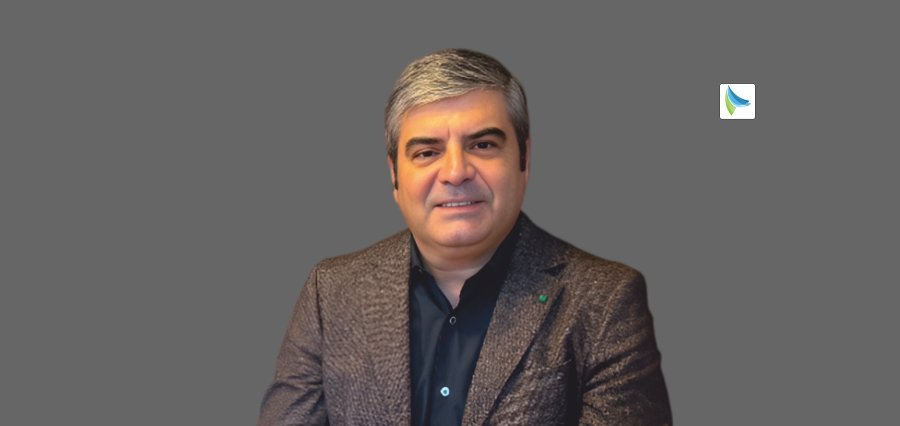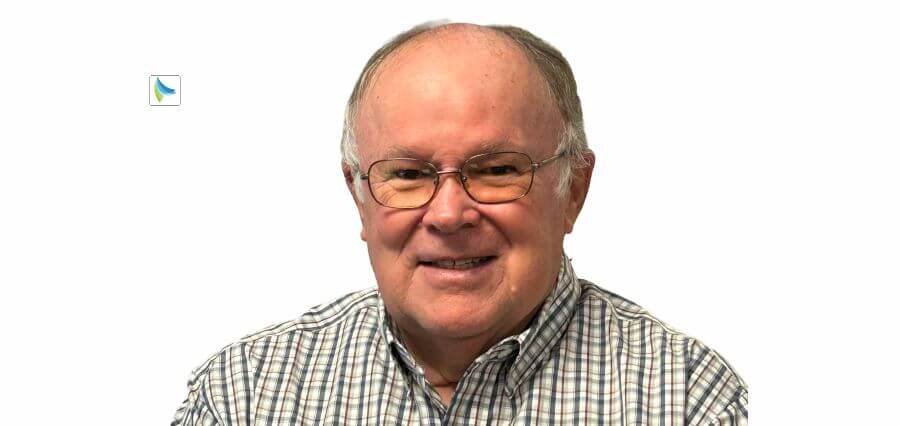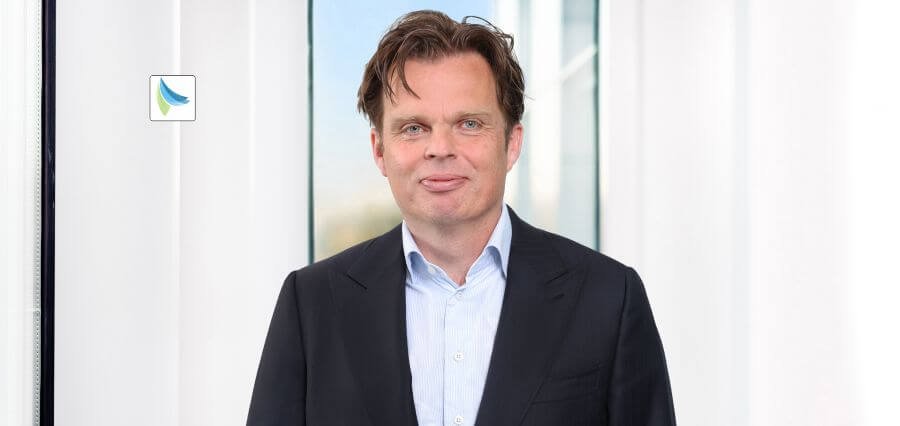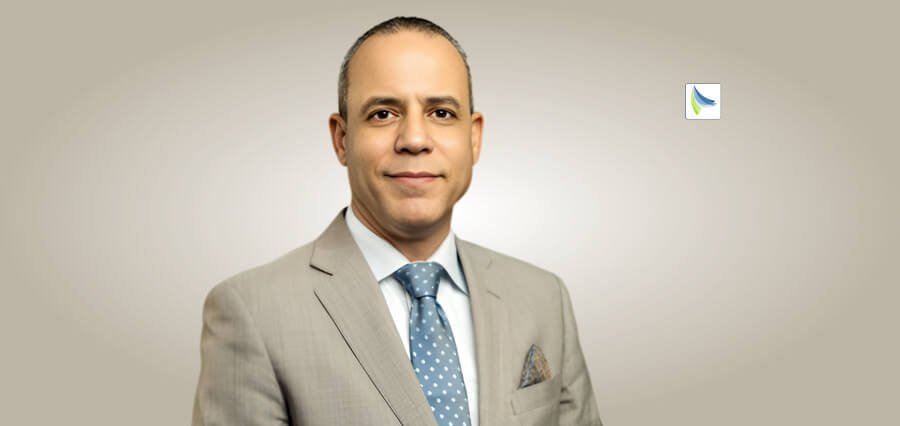Before examining the distinguished career of Richard C. Larson, it is necessary to acknowledge the significant impact a committed individual can have on academic fields, public system change, and world educational technology. Richard’s path is a testament to the long-term power of inquiry, service, and the never-ending quest for pragmatic solutions to complex problems.
Introduction
Richard C. Larson, widely referred to as “Doctor Queue” due to his groundbreaking contributions to queueing theory, is a model of cross-disciplinary scholarship and public influence. For over half a century at the Massachusetts Institute of Technology (MIT), Richard has established himself as professor, researcher, inventor, mentor, and leader of thought. His distinctive combination of mathematical precision, field-based pragmatism, and forward-looking leadership has had a lasting impact on operations research, urban systems, and technology-facilitated education. Richard’s legacy is not only in terms of scholarly work and institutional innovations but in the myriad lives enriched by his dedication to bridging theory and practice.
Early Life and Academic Foundations
Richard C. Larson was born in 1943 in Bayside, Queens, New York City. He came from a family that prized education and curiosity, and Richard’s early life was characterized by intellectual curiosity and a desire to comprehend the systems governing everyday existence. Richard moved around a number of times as a child before graduating from Needham High School and then going on to attend MIT, where he received his Bachelor’s, Master’s, and Ph.D. degrees in electrical engineering in 1969.
Richard’s years at MIT overlapped with an era of explosive innovation in applied mathematics and engineering. Guided by the best minds in operations research, he absorbed the value of closing the gap between academic theory and real-world application-a philosophy that would be the defining characteristic of his career.
Operations Research: Theory Meets Practice
The Essence of Operations Research
Operations research (OR) is a field of study that draws on multiple disciplines to use mathematical models, statistical methods, and optimization procedures to address challenging decision-making problems. For Richard, OR was not merely a learned academic endeavor but an active approach for dealing with the “messy” issues of the real world. He characterized OR as “research on operations,” with a focus on the importance of working directly with real systems-public safety, transportation, health care, and education.
Boots-on-the-Ground Approach
Richard’s OR philosophy was characterized by an absolute commitment to fieldwork and actual-world involvement. Richard C. Larson was convinced that only good solutions could arise from a rich comprehension of operational realities, frequently demanding researchers to “get their boots muddy.” This philosophy found expression in his practice with public sector organizations, where he utilized OR principles to enhance emergency response systems, optimize urban infrastructure, and improve service delivery.
One of Richard’s greatest achievements was helping to optimize New York City’s 911 emergency call system. Through the application of queueing theory and sophisticated scheduling models, Richard and his group cut response times by a huge margin and optimized resource use. Although it is impossible to measure the full extent of these gains, Richard was adamant that their efforts saved lives and raised the bar for public safety operations.
Practitioner First, Academic Second
During the course of his career, Richard C. Larsoninsisted that his success as a scholar lay in his status as a practitioner. Regularly, he worked with public agencies, non-profit organizations, and industry partners, making sure that his research was responsive to pressing social needs. This practitioner orientation shaped his instruction as well, as he advocated that students tackle problems directly and view theory and practice as inextricable parts of good problem-solving.
Educational Philosophy and Mentorship
Integrating Theory and Practice
As a teacher, Richard was famous for combining tough theoretical training with practical, experiential learning. He eschewed a strictly “theorem-proof” pedagogy, believing that operations research students needed to gain an intuitive grasp of actual systems through experience. His own courses at MIT focused on field studies, case studies, and group projects that forced students to use analytical methods on messy, unstructured problems.
Mentoring the Next Generation
Richard’s impact was far-reaching beyond the classroom. Throughout his career, he guided many doctoral students, such as Kent W. Colton and Maia Majumder, who have gone on to notable careers in academia, industry, and public service. His mentorship was marked by a sincere interest in the professional and personal growth of his students and a dedication to developing intellectual curiosity and moral responsibility.
Consulting and Real-World Impact
Aside from his teaching duties, Richard C. Larson oversaw off-campus consulting companies like Public Systems Evaluations, Inc. and ENFORTH Corp. These firms gave students the chance to work on actual projects over their summer vacations, usually in tough urban settings like New York City. The exposure of working on field operational issues enriched students’ studies and motivated many to pursue meaningful careers in operations research and allied fields.
Leadership in Educational Technology
Vision for Technology-Enabled Learning
Richard’s passion to enhance education did not stop at regular classrooms. In seeing the transformational potential of digital technology, he became an early and foremost champion for putting technology at the center of teaching and learning. His enthusiasm in educational technology started when he witnessed the good impacts of digital technologies on his own children’s education, and so he wanted to find means of scaling such effects to wider communities.
Center for Advanced Educational Services (CAES)
Between 1995 and 2003, Richard C. Larson was the director of MIT’s Center for Advanced Educational Services (CAES). During his tenure, CAES created and implemented technology-enabled learning solutions for students globally, overcoming geographical barriers and increasing access to quality education. The center’s work provided the foundation for future innovations in online and blended learning at MIT and elsewhere.
Establishing the Learning International Networks Consortium (LINC)
In 2002, Richard established the Learning International Networks Consortium (LINC), an international organization based at MIT that seeks to use technology to deliver quality education at scale. LINC united universities, policymakers, and practitioners from more than 25 nations to tackle the educational challenges of disadvantaged and remote communities. The consortium held international symposia, facilitated cross-border collaborations, and advocated the application of e-learning, distance education, and information and communication technologies (ICTs) to democratize access to education.
MIT BLOSSOMS: Blended Learning for Global Classrooms
Richard’s most important contribution to educational technology is probably the MIT BLOSSOMS (Blended Learning Open Source Science Or Math Studies) project. After a trip to a Chinese rural school, Richard C. Larson had the idea of interactive video lessons that would motivate students and empower teachers, rather than just deliver information. BLOSSOMS delivers cost-free, interactive math and science modules presented by teachers globally that can be woven into local-classroom practice. This blended technique has achieved uniform access to good quality STEM schooling for scholars of varied environments, especially in neglected areas. BLOSSOMS is an archetype for open courseware and hybrid learning across the globe.
Scholarship and Thought Leadership
Ground-Breaking Research on Queueing Theory and Urban Systems
Richard’s research is both wide-ranging and profound, ranging from foundational contributions to queueing theory, urban operations, and systems engineering. His work has influenced the design and management of intricate service systems, ranging from emergency response networks to transportation infrastructure. Richard’s writing is characterized by clarity, practicality, and multidisciplinary appeal, which makes it readable both for academic and practitioner readerships.
Model Thinking for Everyday Life
In his latest book, Richard has been concentrating on advocating “model thinking” for the masses. His interactive book, MODEL THINKING For Everyday Life: How to Make Smarter Decisions, published by INFORMS, acquaints readers with the two meanings of “model”-both as exemplary and conceptual. Richard supports the application of mathematical and conceptual models to make decisions in daily life better, with a focus on process rather than memorized answers. He urges readers to slow down, avoid technology shortcuts, and delve deeply into problems with basic analytical tools.
Advocacy for Human Intelligence
In spite of recognizing the extraordinary abilities of artificial intelligence (AI), Richard is a strong supporter of human intelligence (HI). He warns of excessive dependence on technology and appeals to educators and students to remain focused on critical thinking, flexibility, and experiential learning. For Richard, learning involving inquiry, thinking, and iteration is more important than the mere knowledge of answers.
Impact on Public Policy and Organizational Practice
Improving Public Sector Operations
Richard’s contributions have profoundly influenced the operations of public sector organizations. His consulting engagements with organizations like the U.S. Postal Service and the City of New York have converted theoretical ideas into practical enhancements in service provision, resource management, and operational effectiveness. Richard’s skill at articulating complicated ideas to a variety of stakeholders has established him as a much-desired advisor and partner.
Shaping Professional Societies
Aside from his specific contributions, Richard C. Larson has significantly helped develop the practice of operations research as an area through leadership of professional associations. He is a past president of both the Operations Research Society of America (ORSA) and the Institute for Operations Research and the Management Sciences (INFORMS). He has been recognized by multiple awards for both service and scholarship. Richard’s leadership has created a vibrant, collaborative community of scholars and practitioners committed to developing the field and responding to global challenges.
Legacy and Lasting Influence
Expanding the Frontiers of Knowledge
Richard’s contributions to operations research, urban systems, and educational technology have pushed the frontiers of practice and knowledge. His work has tackled some of the most important issues confronting contemporary society, from emergency response to fair access to education. Richard’s interdisciplinary perspective and dedication to bridging theory and practice are an inspiration to future generations of scholars and practitioners.
Inspiring the Next Generation
Richard’s legacy lives on through the numerous students, peers, and organizations he has guided and influenced. His emphasis on the interconnectedness of theory and practice, his promotion of human-centered learning, and his vision for technology-supported education continue to influence the development of academic fields and public systems globally.
A Lasting Impact on Education and Society
As operations research and education technology advance, Richard’s legacy continues to be a source of inspiration. His life shows that the greatest breakthroughs take place where science, service, and imagination intersect. Richard’s life is an inspiration to everyone who wishes to leave a lasting legacy based on knowledge, imagination, and an unwavering allegiance to the common good.
Conclusion
Richard’s MIT career and beyond define the impact of cross-disciplinary scholarship, practical application, and transformational leadership. As a trailblazer in operations research, an advocate for technology-enhanced education, and a mentor to countless students, Richard C. Larson has left an invaluable legacy on academe, public policy, and international education. His legacy is one of service, innovation, and never wavered confidence in the power of human intellect to address the world’s most intractable challenges. In a world of rapid technology and global crisis, Richard’s work and life serve as a reminder that success is not to be measured in awards or technical capability, but by the long-term influence we leave on people’s lives and on the systems that structure our world.














